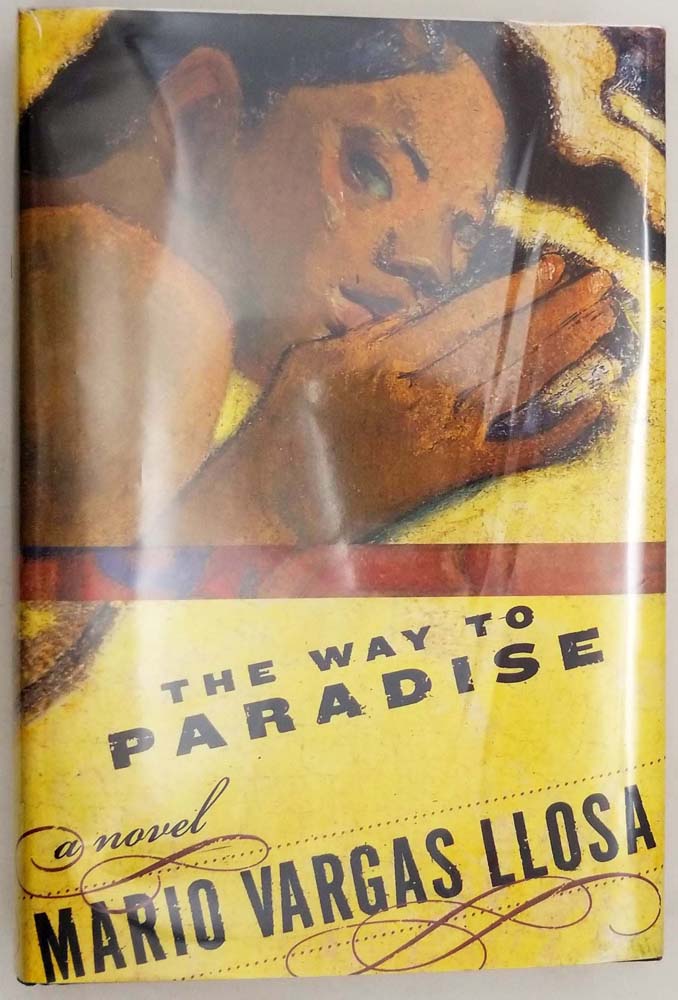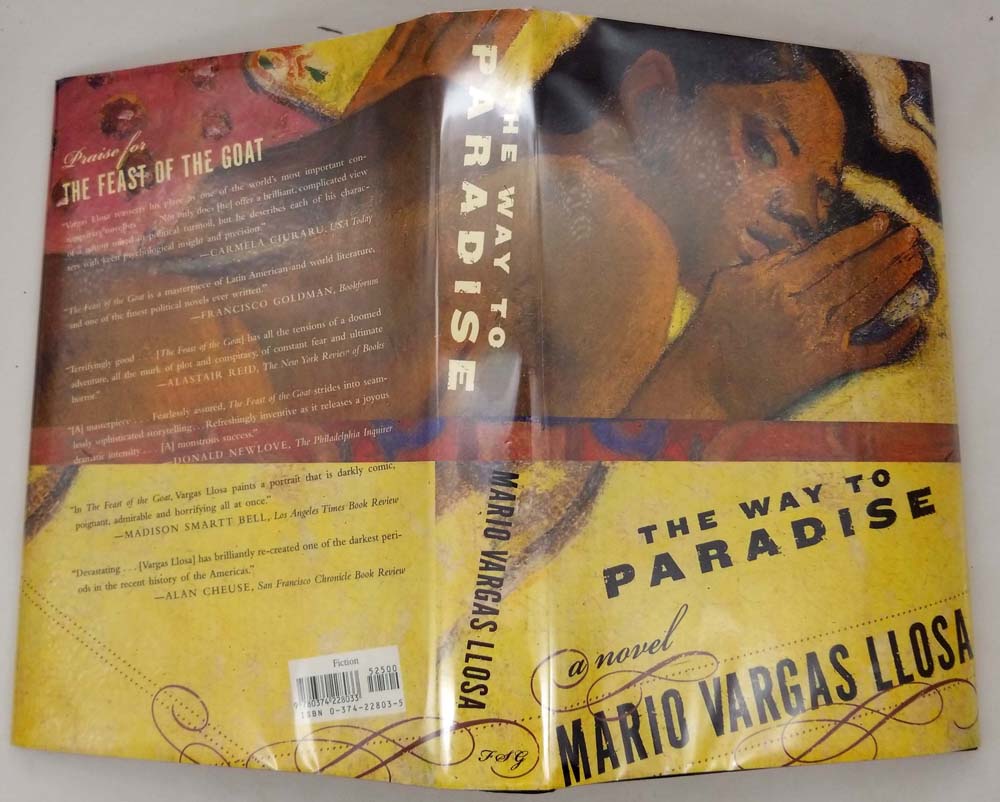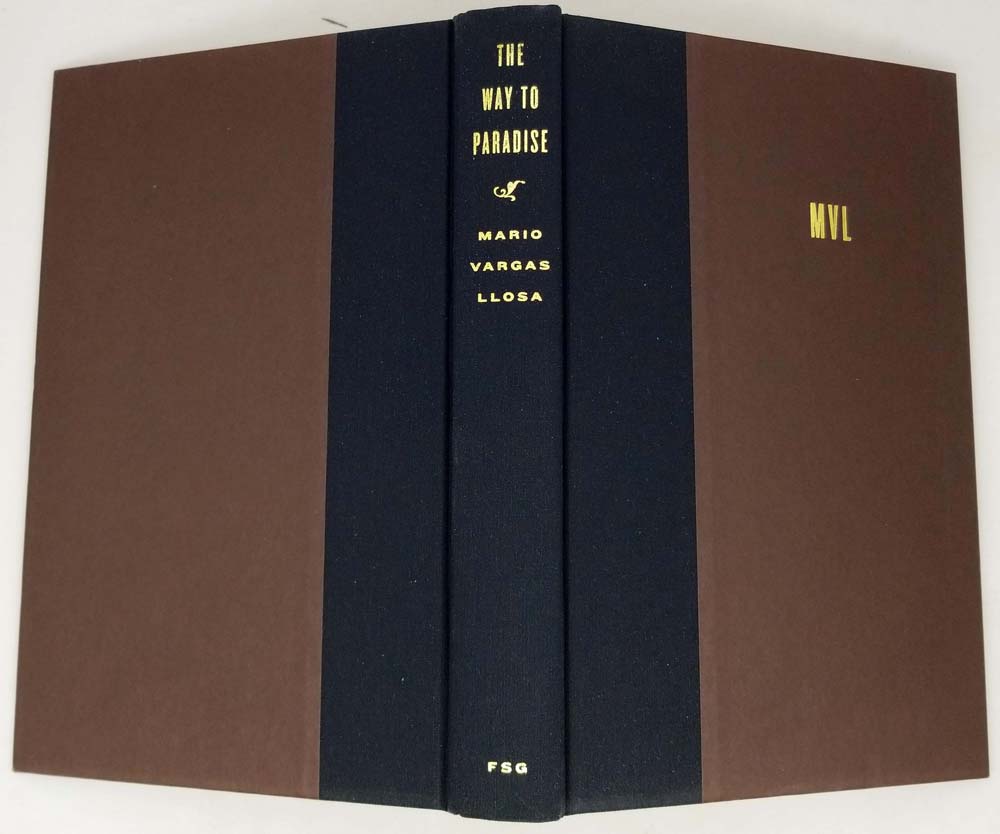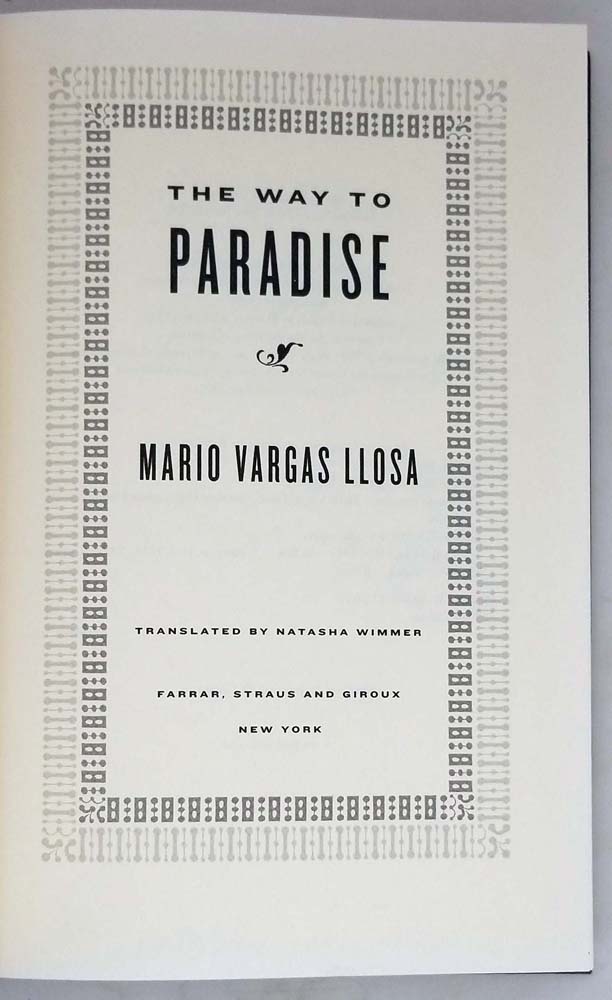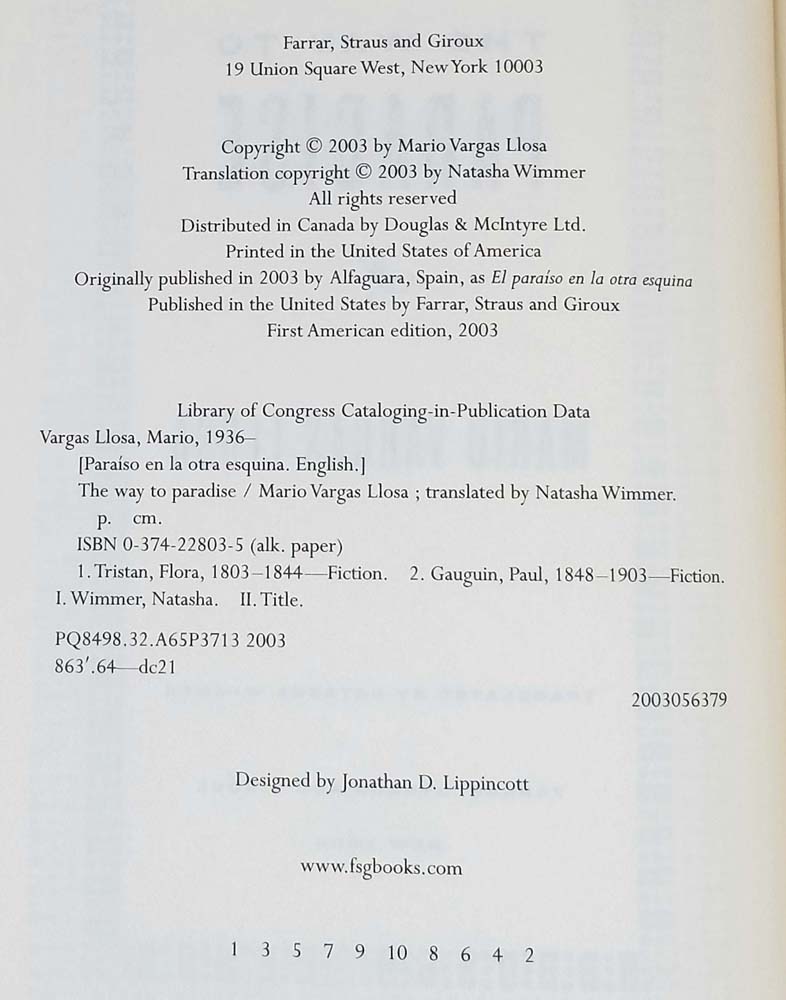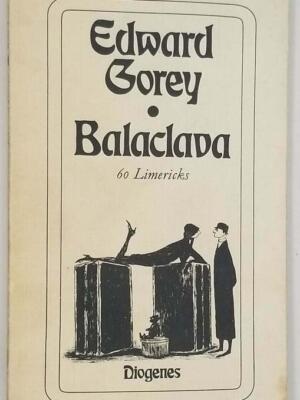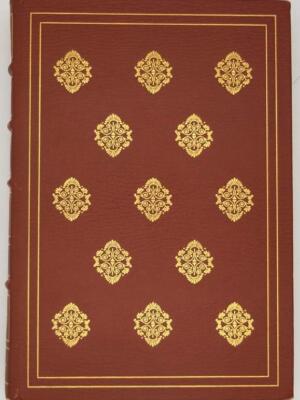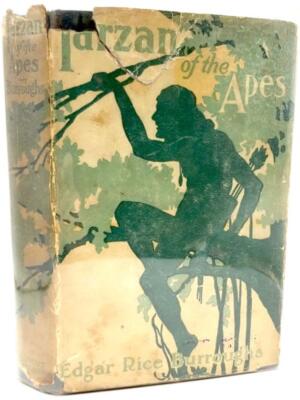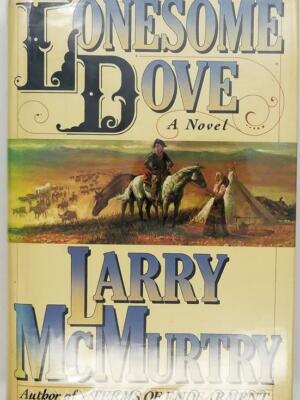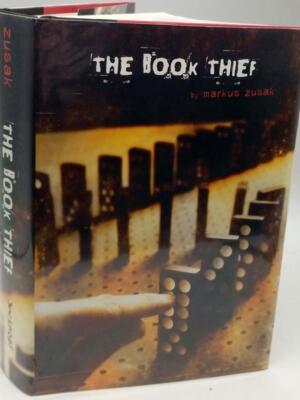The Way to Paradise (2003) by Mario Vargas Llosa, the Nobel Prize-winning Peruvian author, is a daring dual biography that intertwines the lives of two iconoclastic seekers—Paul Gauguin, the rebellious Post-Impressionist painter who abandoned bourgeois France for Tahiti’s “primitive” allure, and Flora Tristán, his feminist-socialist grandmother, who crisscrossed 19th-century Europe rallying workers’ rights before her time.
Vargas Llosa’s lush, nonlinear narrative alternates between Gauguin’s self-mythologizing exile in the Marquesas Islands (where syphilis and artistic obsession consume him) and Flora’s quixotic crusade against industrial exploitation, revealing how both pursued utopias that ultimately eluded them. The novel’s brilliance lies in its unflinching portraits of flawed visionaries—Gauguin’s exploitative exoticism, Flora’s fanatical idealism—while celebrating their indomitable defiance of convention.
A masterclass in historical fiction, blending radical politics, eroticism, and the price of artistic freedom.
